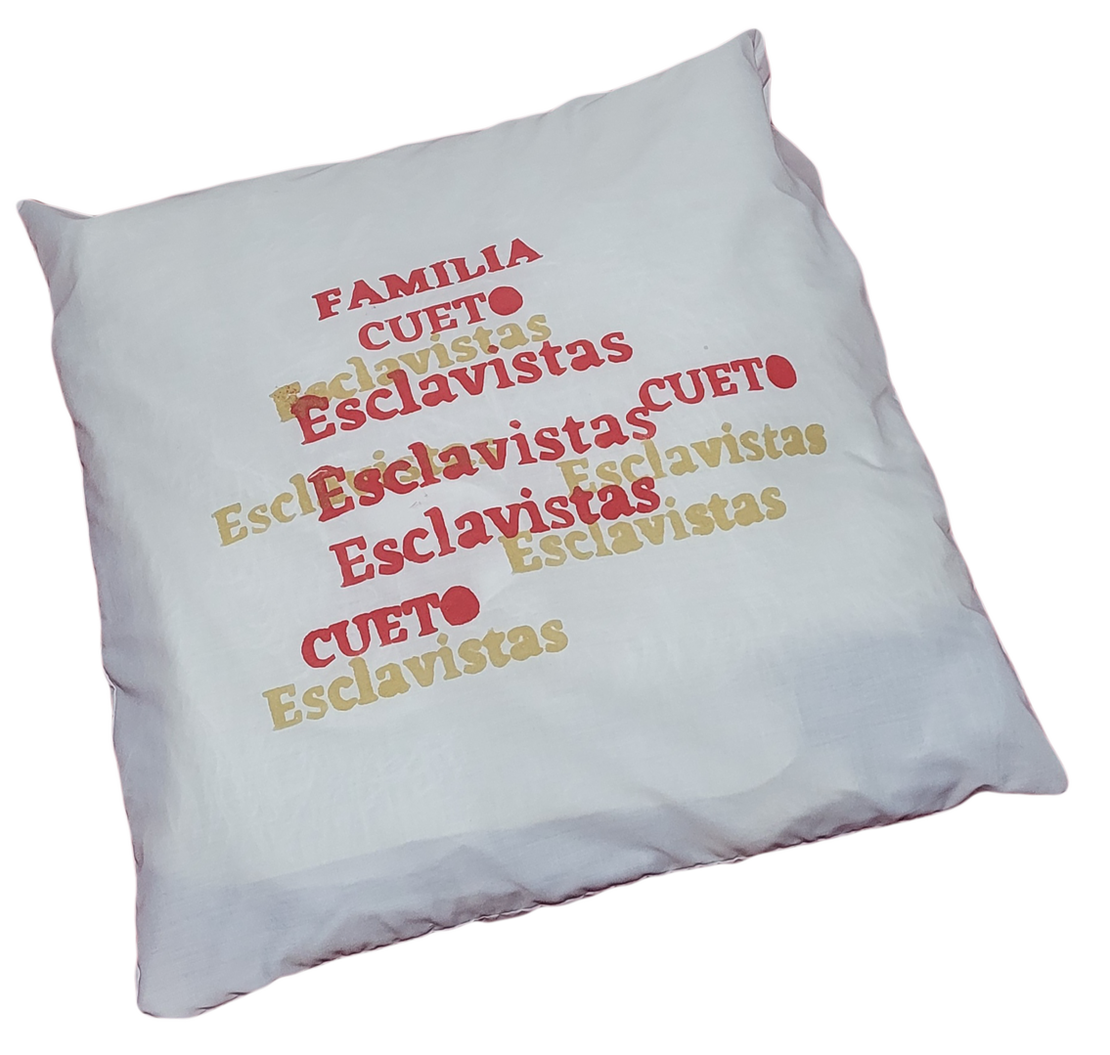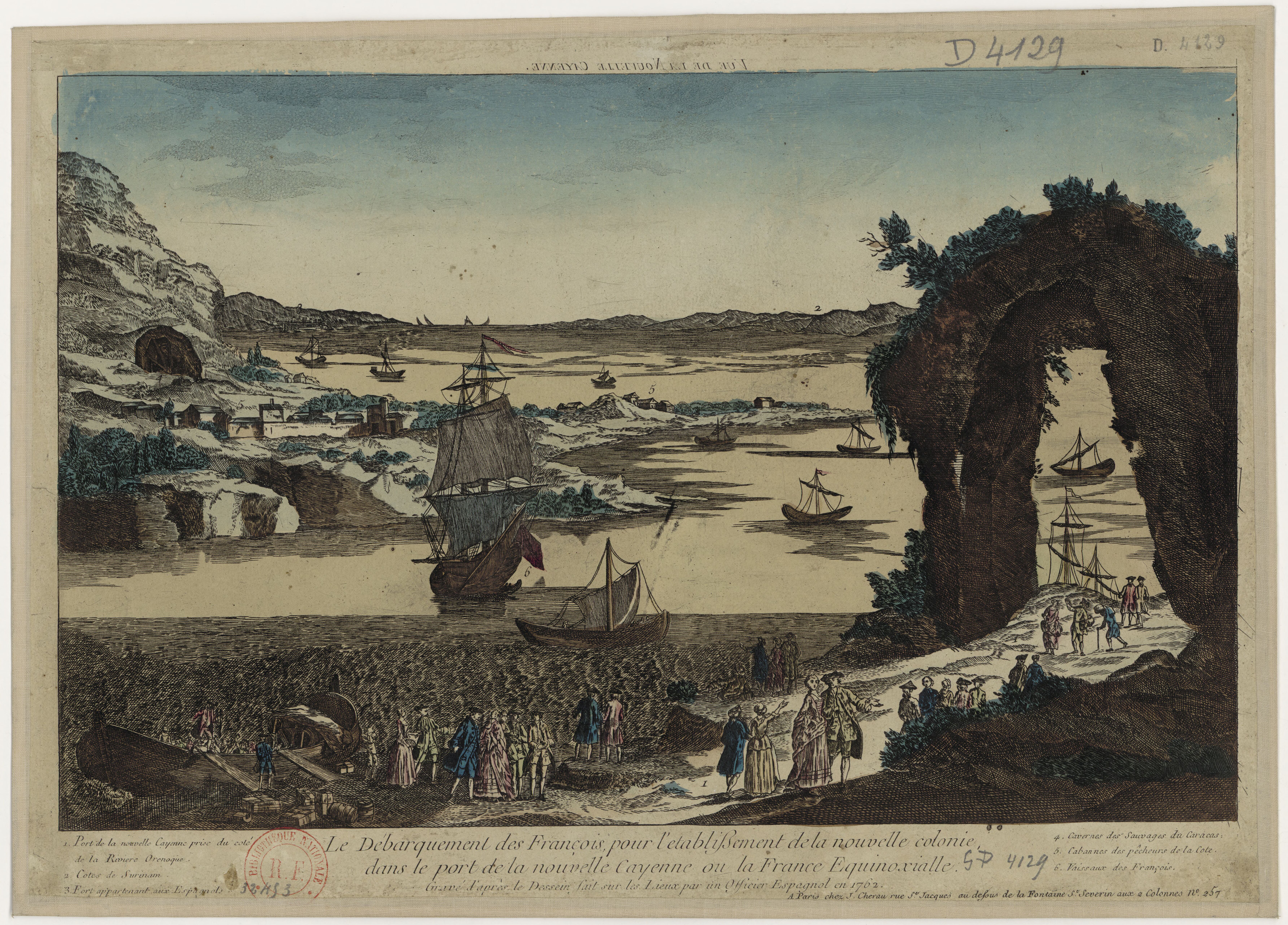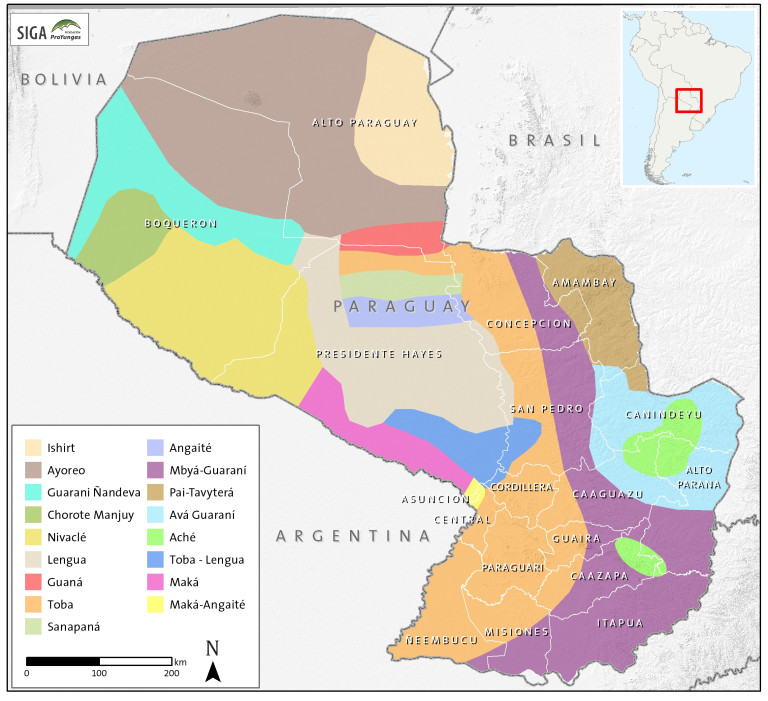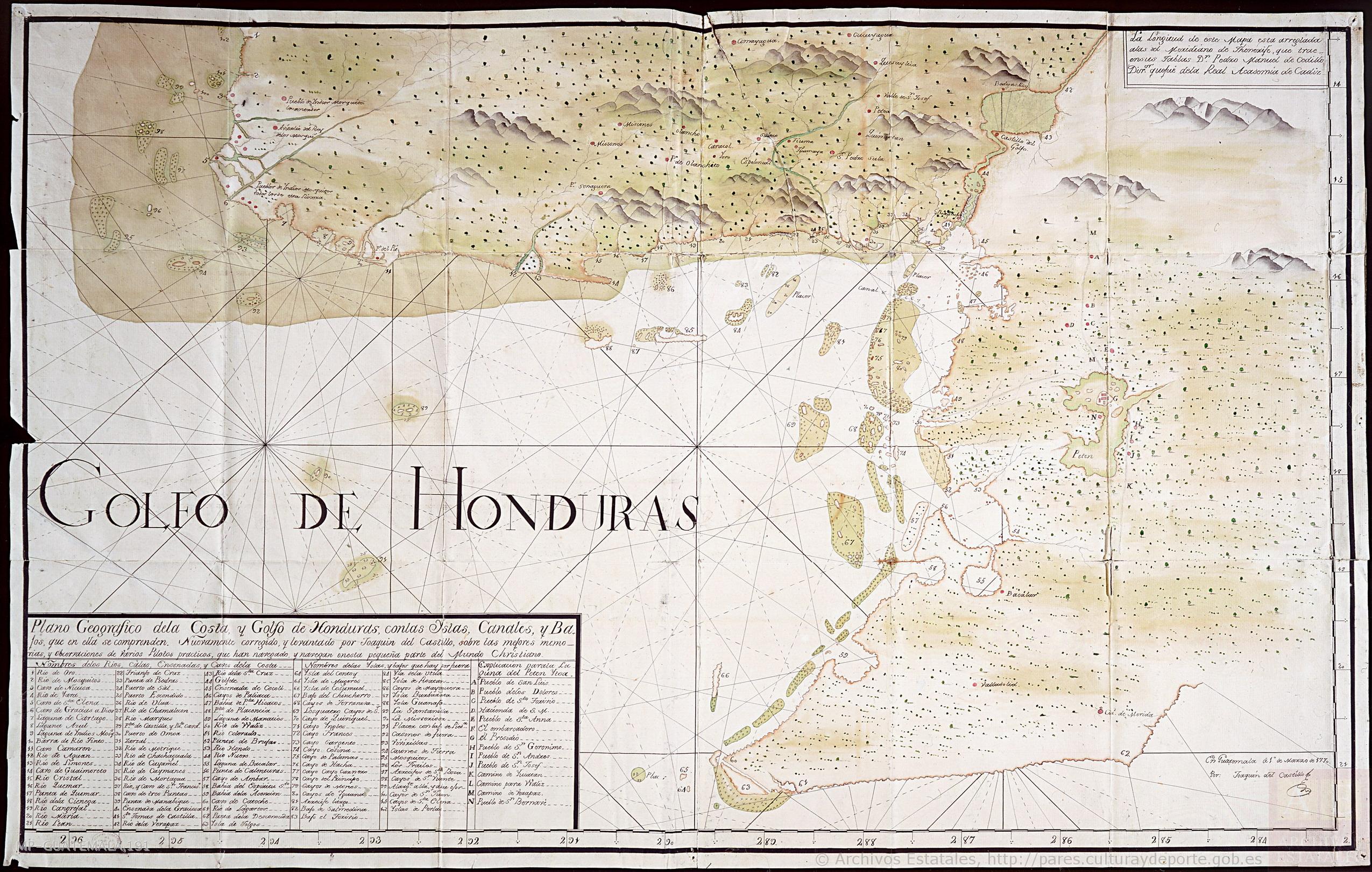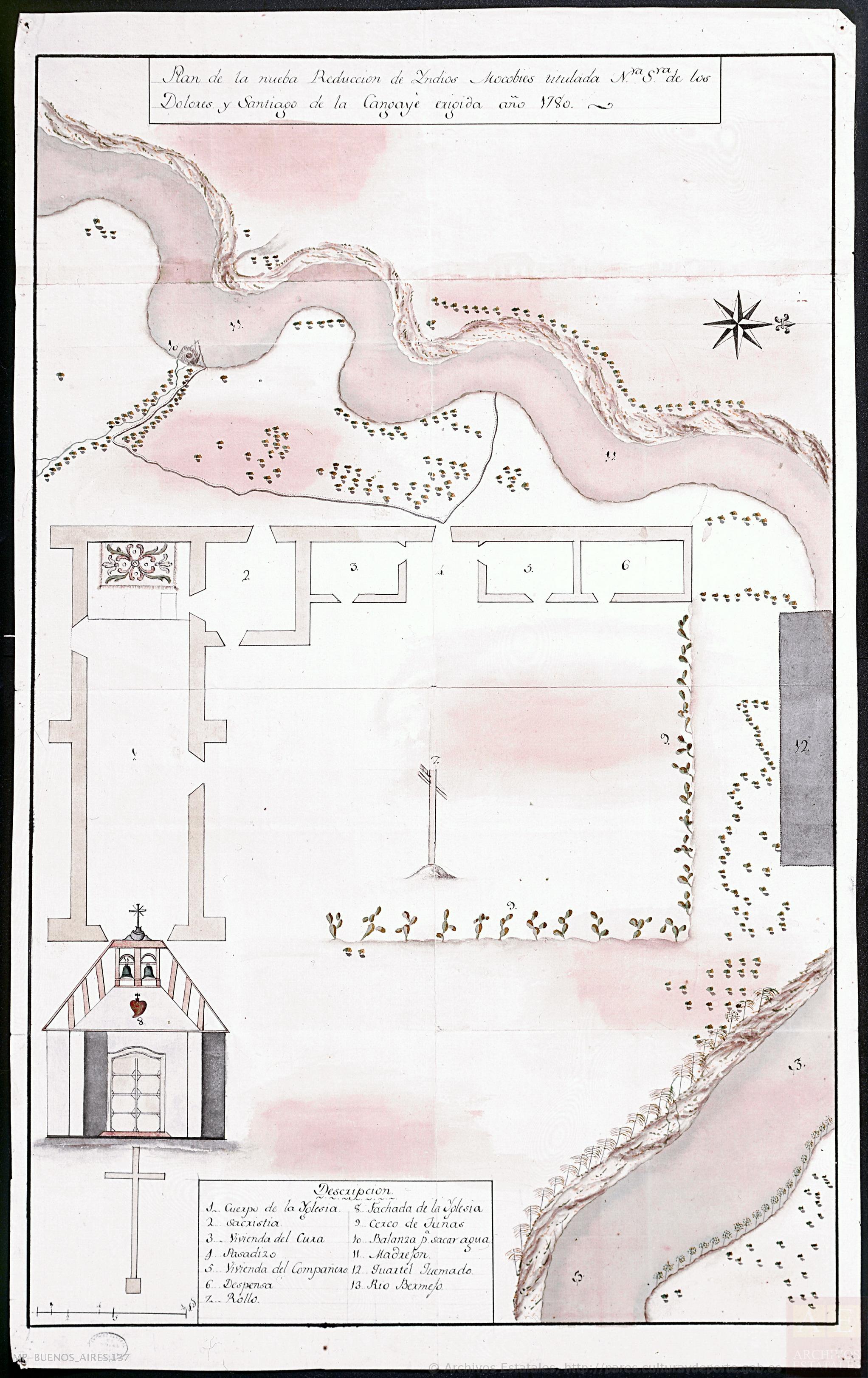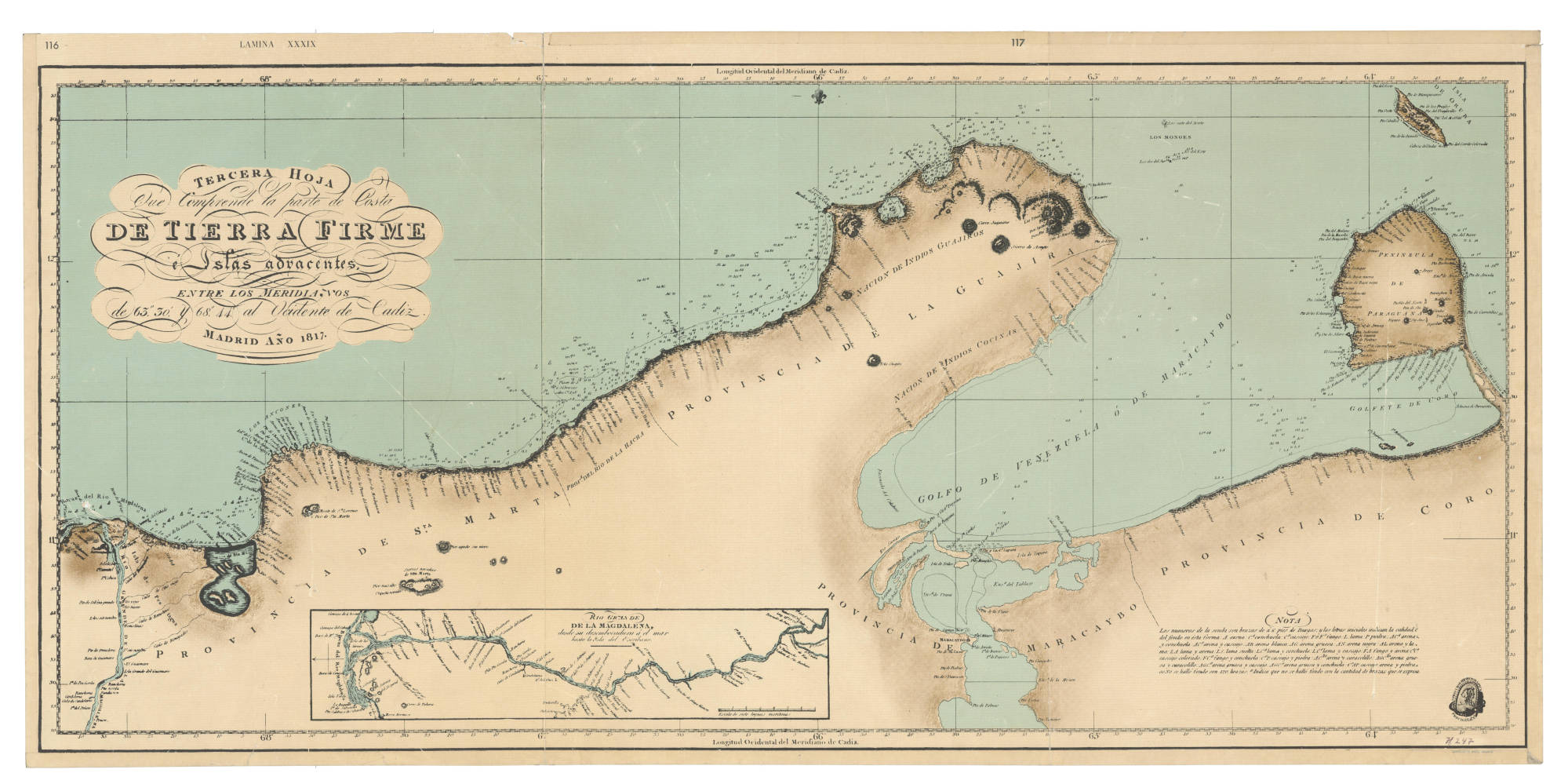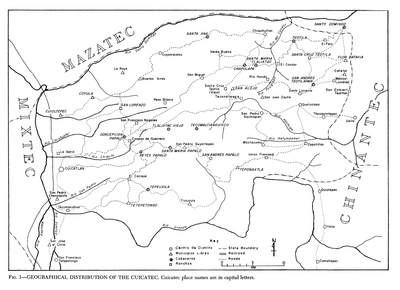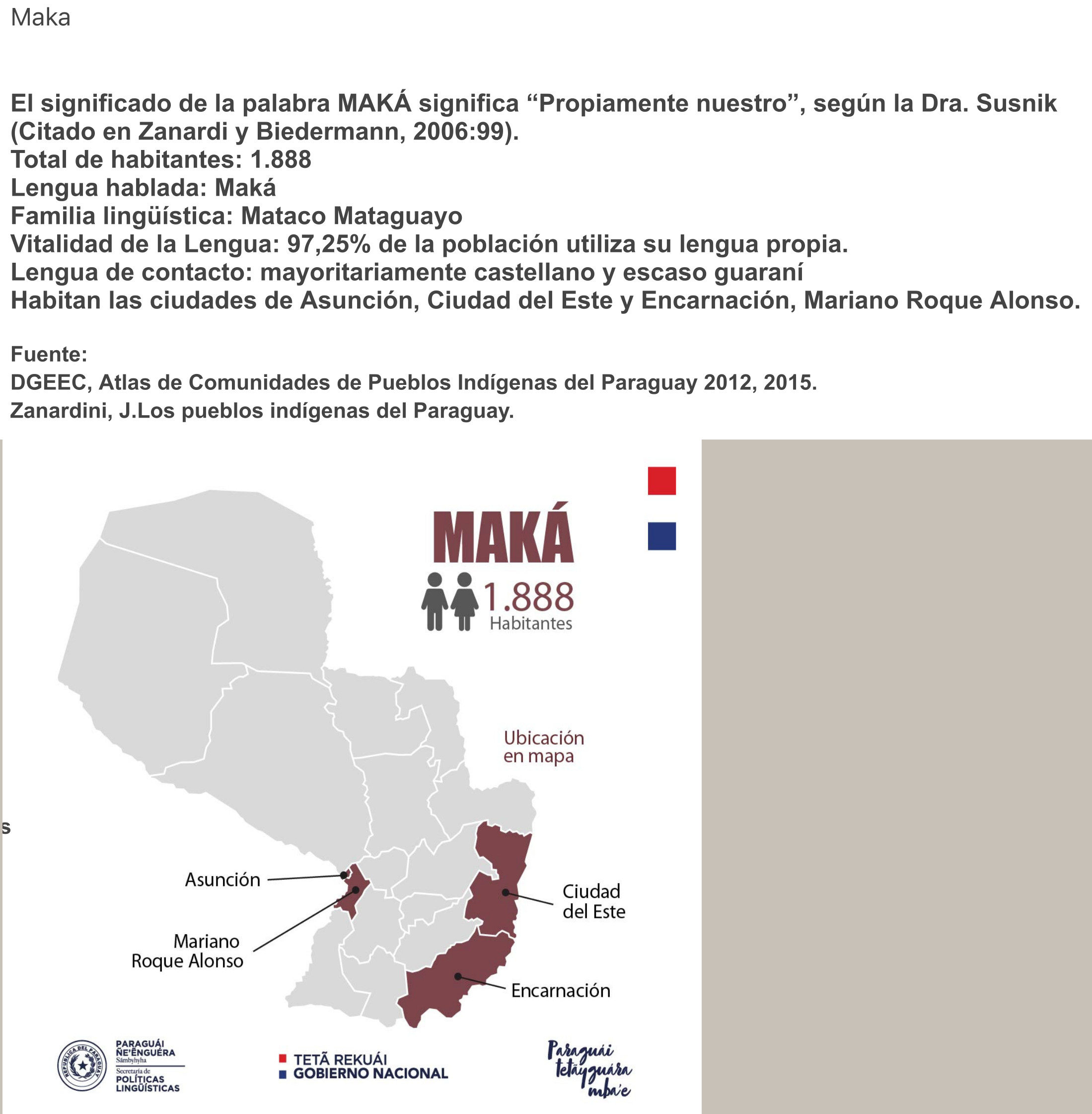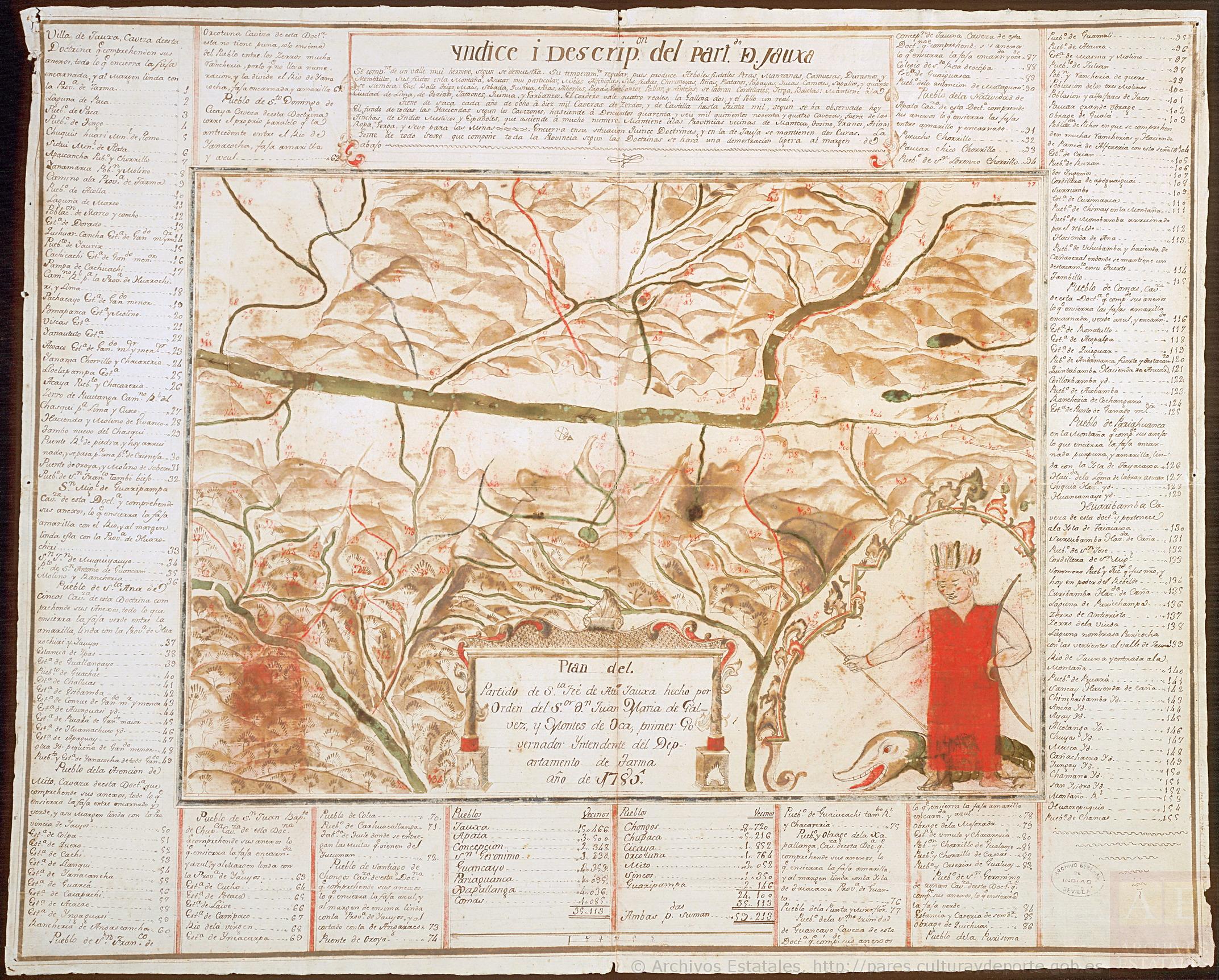Abstract
Location: Museo de Bellas Artes de Chile in Santiago, Chile.
Different indigenous peoples throughout Abya Yala have been questioning extractivism for centuries, not from an economic matrix, but in terms of the living relationship between nature and humanity. While this debate has long been absent in the field of art history, the field to which the Museum de Bellas Artes de Chile (MNBA) has been loyal, El Robo del Dolor seeks to redress the balance. Divided into the sections Episterricide, Fiction of Racialization, Erotica of Extraction, and Ancestral Knowledges, this collective exhibition works against the denominations and hierarchies of Modernism and Eurocentric thought, while also situating ancestral indigenous knowledge against the project of ‘mestizaje’ and a general amnesia of the past. Themes such as migrations, sexual and gender dissidence and racist power relations are evidenced through the selected works.
“The history of modernity is a global history of violence and pain. Colonization, which involved the process of cultural imposition by the West and the extraction of raw materials, has been marked by the production of deep wounds, resulting in cracks that scar territories, as well as multiple communities,” explain curators Lucía Egaña Rojas and Francisco Godoy Vega.
The exhibition sought to reread the MNBA collection against these extractivist assumptions and in dialogue with contemporary art. This resulted in a mix of embodied responses and fraught (dis)encounters with the museum towards exposing how what has passed for ‘Fine Art’ in Chile has always included a troubled relation to social class, race, gender, and sexuality—all historically implicated in the extractive process. Building the exhibition with artifacts from the National Historical Museum strengthened the relationship between the history of art and the nation’s social history, revealing how, beginning with colonization, art continues to exist as an artifact of power.

Padre las Casas amamantado por una india (ca. 1875), José Miguel Blanco (detail). Colección Museo O’Higginiano y de Bellas Artes de Talca. Courtesy Museo de Bellas Artes de Chile.
Official website: https://www.mnba.gob.cl/noticias/el-robo-del-dolor
